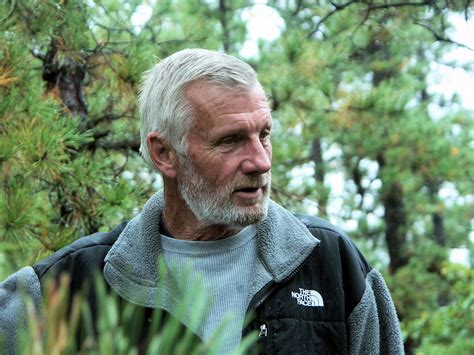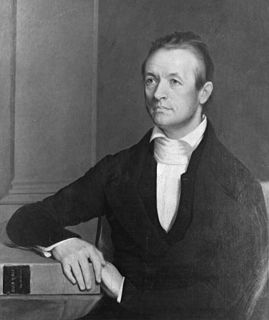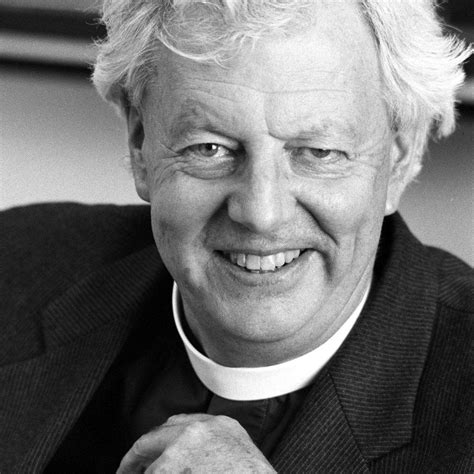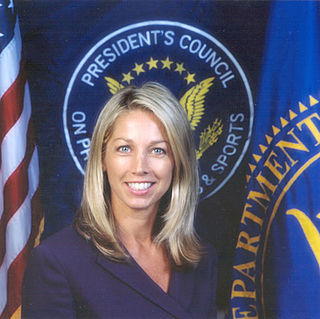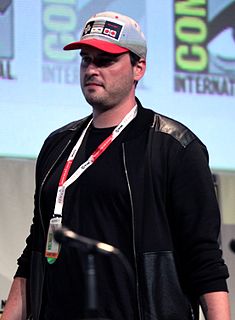A Quote by Tom Brown, Jr.
We walk ourselves into ruts so deep we cannot see over them.
Related Quotes
We cannot sit still and see the dear Burmans, flesh and blood like ourselves and, like ourselves, possessed of immortal souls that will shine forever in heaven or burn forever in hell - we cannot see them go down to perdition without doing our very utmost to save them. And thanks be to God, our labors are not in vain.
We cannot ultimately specify the grounds (either metaphysical or logical or empirical) upon which we hold that our knowledge is true. Being committed to such grounds, dwelling in them, we are projecting ourselves to what we believe to be true from or through these grounds. We cannot therefore see what they are. We cannot look at them because we are looking with them.
The fact that God accepts us should be our motivation for accepting ourselves. If we cannot accept ourselves the way we are, with our limitations and assets, weaknesses as well as strengths, shortcomings as well as abilities; then we cannot trust anyone else to accept us the way we are. We will always be putting on a front, building a facade around ourselves, never letting people know what we are really like deep down inside.
Wonder knows that while you cannot look at the light, you cannot look at anything else without it. It is not exhausted by childhood, but finds its key there. It is a journey like a walk through the woods over the usual obstacles and around the common distractions while the voice of direction leads, saying, 'This is the way, walk ye in it.'
We are in danger of forgetting that we cannot do what God does, and that God will not do what we can do. We cannot save ourselves nor sanctify ourselves, God does that; but God will not give us good habits, He will not give us character, He will not make us walk aright. We have to do all that ourselves.
The lives of most people are small tight pallid and sad, more to be mourned than their deaths. We starve at the banquet: We cannot see that there is a banquet because seeing the banquet requires that we see also ourselves sitting there starving-seeing ourselves clearly, even for a moment, is shattering. We are not dead but asleep, dreaming of ourselves.
There are people who can walk away from you... let them walk. I don't want you to try to talk another person into staying with you, loving you, calling you, caring about you, coming to see you, staying attached to you... Your destiny is never tied to anybody that left. And it doesn't mean that they are a bad person, it just means that their part in the story is over. And you've got to know when people's part in your story is over.
